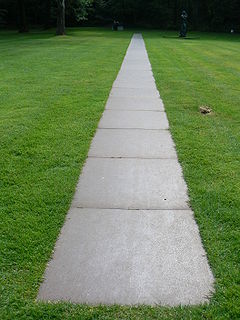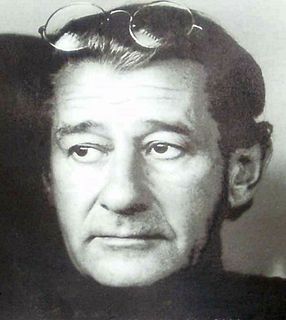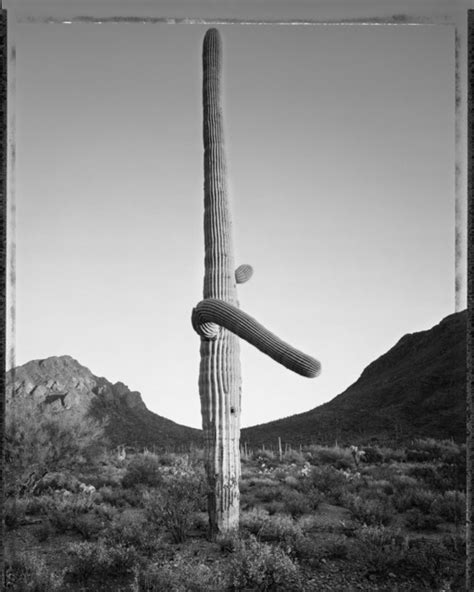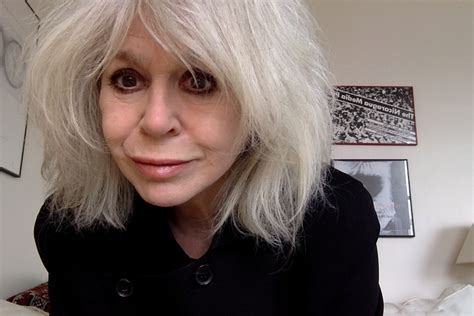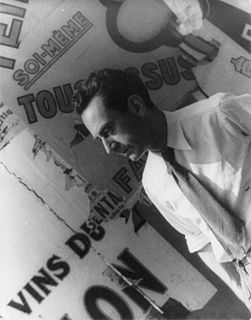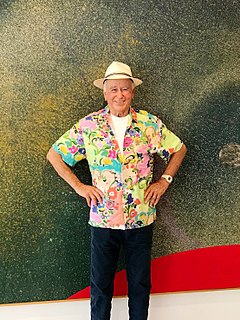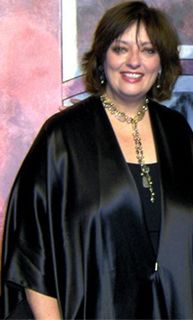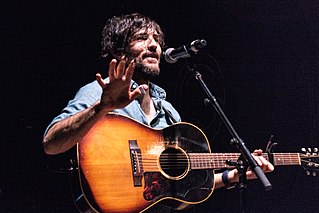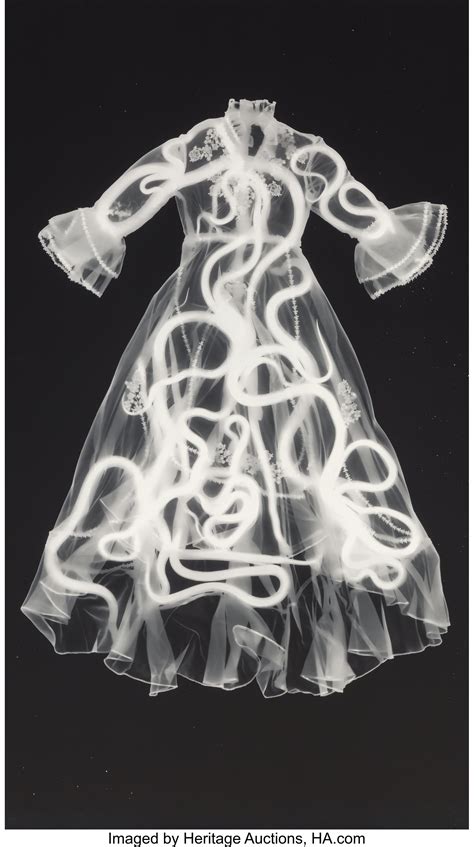A Quote by Stuart Franklin
Photography was increasingly being seen as something outside the art world. As a sort of illustration. They just fired the director of photography at the Sunday Times Magazine - that's where everyone went with their photo essays in the '60s, '70s, and '80s. It was the place to get published. It is an issue. And I feel it. There's no budget. The budget-holders are very often people who've been to the professional colleges where art is not taught. So art as a part of education is something that's missing - since Thatcher's day, anyway.
Quote Topics
Anyway
Art
Art Is
Art World
Been
Being
Budget
Colleges
Day
Director
Education
Essays
Everyone
Feel
Fired
Get
Illustration
Increasingly
Issue
Just
Magazine
Missing
Often
Outside
Part
People
Photo
Photography
Place
Professional
Published
Seen
Since
Something
Sort
Sunday
Taught
Thatcher
Times
Very
World
Related Quotes
Has it led you to the conclusion that photography is an art ? Or it is simply a means of recording ? "I'm glad you asked that. I've been wanting to say this for years. Is cooking an art ? Is talking an art ? Is even painting an art ? It is artfulness that makes art, not the medium itself. Of course photography is an art - when it is in the hands of artists."
I collect art on a very modest scale. Most of what I have is photography because I just love it and it makes me happy and it looks good in my home. I also have a pretty big collection of art books mainly, again, on photography. A lot of photography monographs, which is great because with photography, the art itself can be reproduced quite well in book form.
Growing up in the '70s and '80s when my dad had an art gallery, one of the things that frustrated me was the world seemed so tiny, and to appreciate contemporary art, you needed a history of art, a formal education. I was more interested in the people, and that's why I went into the movie business in the first place.
Fine-art photography is a very small world associated with galleries, museums, and university art programs. It's not like rock music; the products of this world have never been widely seen because the artists are often exploring things that are not already coded in general consciousness. It's not that photographers don't want to be famous, it's just that very few of the views from the edges of culture make the mainstream. Ansel Adams was an exception.
I was attracted to photography because it was technical, full of gadgets, and I was obsessed with science. But at some point around fifteen or sixteen, I had a sense that photography could provide a bridge from the world of science to the world of art, or image. Photography was a means of crossing into a new place I didn't know.
When I was at art school, a lot of art education is about art being a means of self-expression, and as an 18-year-old I didn't know if I had a huge amount I wanted to express. It was a big moment when I decided I wanted to shift the emphasis or the intention of my art from something I disgorged myself upon and something that actually fed me or made me see the world or understand the world.
The traditional difficulty of balancing the mechanical with the imaginative schools of photography still operates. In schools of photography meaningful art education is often lacking and on the strength of their technical ability alone students, deprived of a richer artistic training, are sent forth inculcated with the belief that they are creative photographers and artists. It is yet a fact that today, as in the past, the most inspiring and provocative works in photography come as much (and probably more) from those who are in the first place artists.



